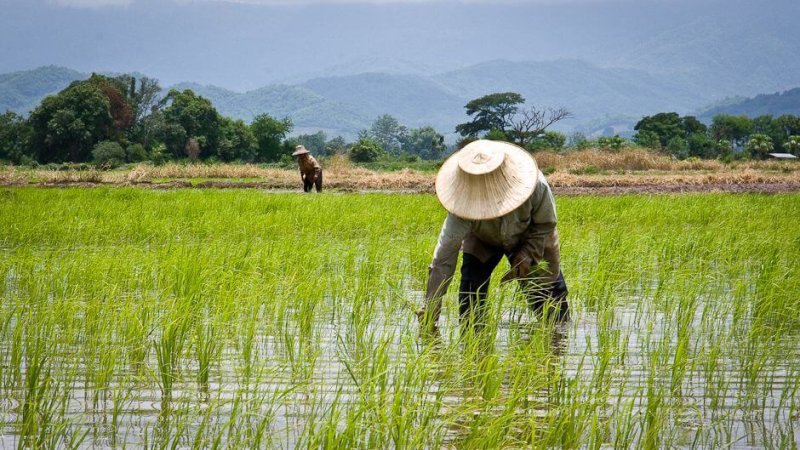The Ministry of Natural Resources and Environment anticipates that the Biodiversity Law, which includes biosafety regulations covering research, field trial, and commercialization for genetically engineered plant, animal, and microorganisms, will be sent to the Cabinet for approval by the end of the calendar year. After receiving Cabinet approval, the draft bill will enter the legislative process. In addition, the Thai Food and Drug Administration is finalizing two new genetically engineered (GE) food regulations regarding GE food import, production, and labeling.
The production, trade, policy, and marketing for plant and animal biotechnology in Thailand has remained unchanged for several years. However, there has been significant developments towards finalizing the Biodiversity Act. The Ministry of Natural Resources and Environment (MONRE) anticipates that the draft bill will be sent to the Cabinet for approval by the end of the year. The bill will then head to the National Legislative Assembly (NLA). The Biodiversity Act incorporates many of the areas covered by the failed 2015 Biosafety Act. In 2015, the draft Biosafety Act received approval from the Cabinet before being rejected a month later by the NLA.
The Thai Food and Drug Administration (TFDA) plans to implement two notifications regarding genetically engineered (GE) food and labeling in early 2021. TFDA is expected to send the two draft notifications to the Management Council by the end of 2020. The draft notifications will be sent to the Minister of Public Health for final approval before being printed in the National Gazette once they are approved by the Management Council. The TFDA has been working on these two draft notifications since 2019. Developers of GE crops and Thai industry stakeholders are concerned that, if implemented, the regulations would delay or disrupt the trade flow of soybeans and corn, and all processed foods containing GE organisms and microorganisms into Thailand.































